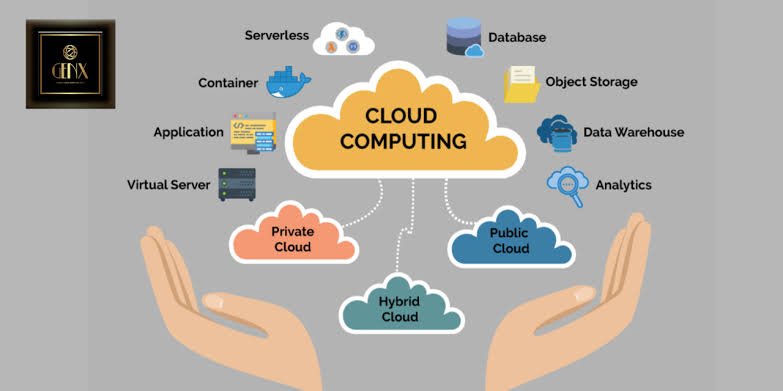In just a few years, cloud computing has moved from being an optional tool to a fundamental pillar of the data science ecosystem. By 2025, almost every major company—from startups to global enterprises—runs significant parts of their data operations on the cloud. This shift has dramatically changed what it means to work in data science, expanding both the scope of projects and the skills required to succeed.
Cloud platforms like AWS, Azure, and Google Cloud offer unprecedented scalability, meaning data scientists no longer have to worry about hardware limitations when processing massive datasets. This scalability opens the door to more complex models, faster experimentation, and collaborative workflows across teams located anywhere in the world.
But the cloud isn’t just a technical upgrade—it’s transforming how data science teams operate. Access to shared, secure, and centralized data means analysts and engineers can build solutions faster while focusing more on innovation than infrastructure. For companies, this translates into quicker decision-making and a competitive edge in their industries.
This change has also influenced the way professionals approach learning. Enrolling in a modern data science course now often means gaining hands-on experience with cloud-based tools and pipelines. Employers expect candidates to understand not only data analytics and machine learning, but also how to deploy these solutions in cloud environments.
H2: Why Cloud Knowledge Is Now a Career Essential
Employers in 2025 are clear about one thing: familiarity with cloud services is no longer optional. Whether you’re a data scientist, data engineer, or analyst, you’re expected to know how to store, process, and visualize data in a cloud-native way.
Consider an e-commerce company that needs to analyze real-time purchasing data from millions of customers. Without cloud computing, running such analysis would be slow, expensive, and limited by physical infrastructure. But with cloud services, a data team can process the data in seconds, create live dashboards, and scale up resources automatically during high-traffic events.
This agility has shifted hiring priorities. Recruiters are looking for candidates who can integrate machine learning models into cloud pipelines, optimize storage costs, and manage data securely. A well-structured data science online course now includes modules on cloud platforms, ensuring that learners graduate with skills that match the market’s demands.
Beyond employability, cloud expertise also empowers professionals to innovate. Data teams can quickly test hypotheses, run simulations, and even deploy AI-powered applications for global audiences—all from a laptop. This ability to move from concept to deployment in record time is one of the main reasons cloud computing has become inseparable from data science work.
As the industry continues to evolve, the professionals who thrive will be those who see the cloud not as a tool, but as an integral part of their data strategy. For anyone serious about a long-term career in data science, gaining both analytical and cloud deployment skills is no longer a bonus—it’s a necessity. And for many, the path to acquiring these skills begins with a forward-looking data science online course that reflects the realities of modern data work.

 Health2 years ago
Health2 years ago
 News6 months ago
News6 months ago
 Technology2 years ago
Technology2 years ago
 Celebrity2 years ago
Celebrity2 years ago

















